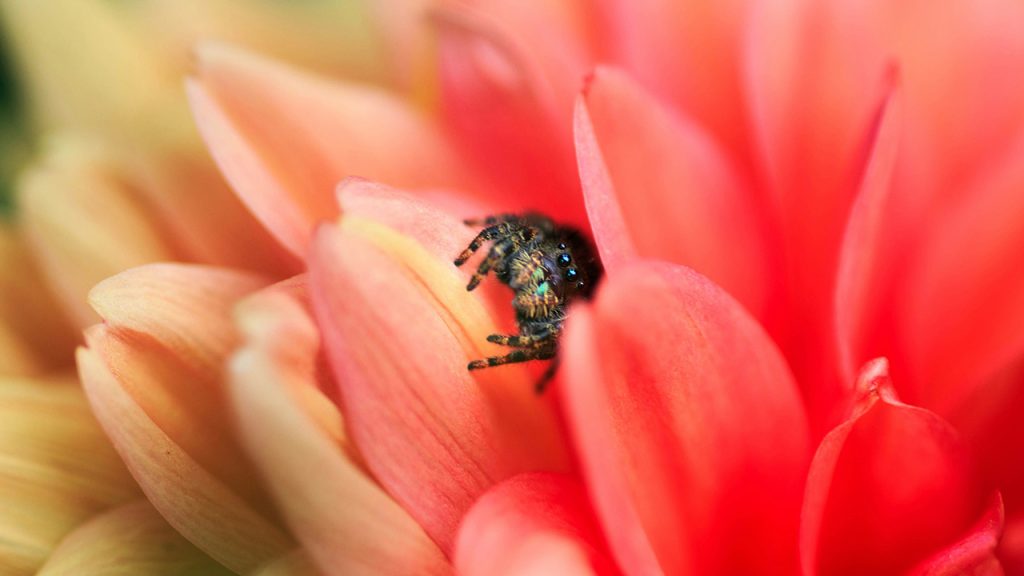When I think about garden pests, I used to picture them as tiny enemies out to ruin all my hard work. But the truth is, it’s not that simple. Some of these so-called “pests” are actually garden heroes in disguise, quietly helping out behind the scenes. They might not have the best reputation, but these critters do a lot more good than harm, from protecting plants to improving the soil and keeping other harmful pests at bay. Once I started welcoming them into my garden, I saw how they helped create a healthier and more balanced space.
Here are 12 surprising garden pests that are actually working for you, not against you!
1. Ladybirds (Ladybugs)
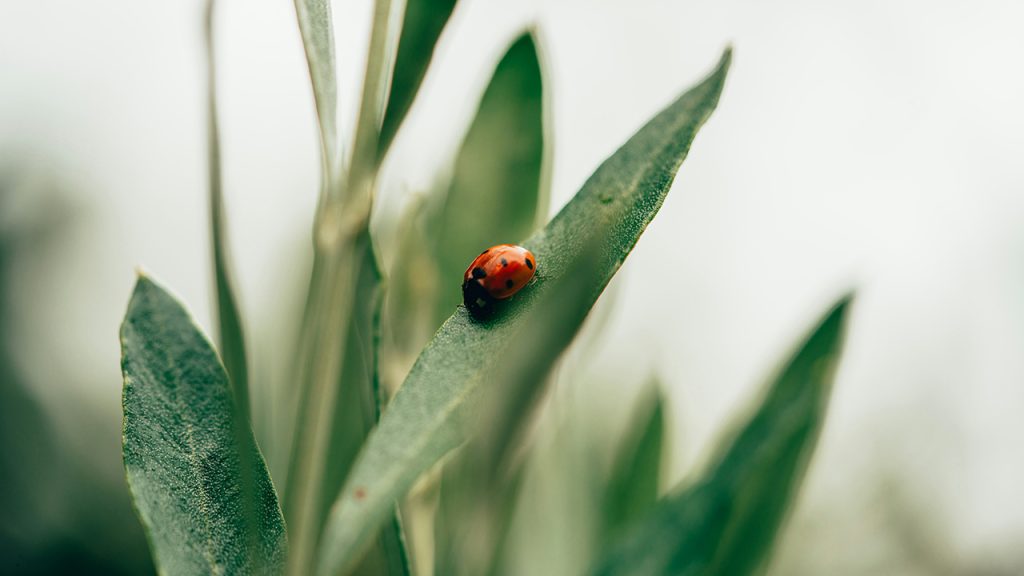
Though many people know ladybirds for their bright red shells, fewer realise just how beneficial they are. These small beetles are natural predators of aphids, which can destroy your plants by sucking out their nutrients. Ladybirds and their larvae consume large amounts of these pests, helping to keep your plants healthy without the need for harmful pesticides.
2. Ground Beetles
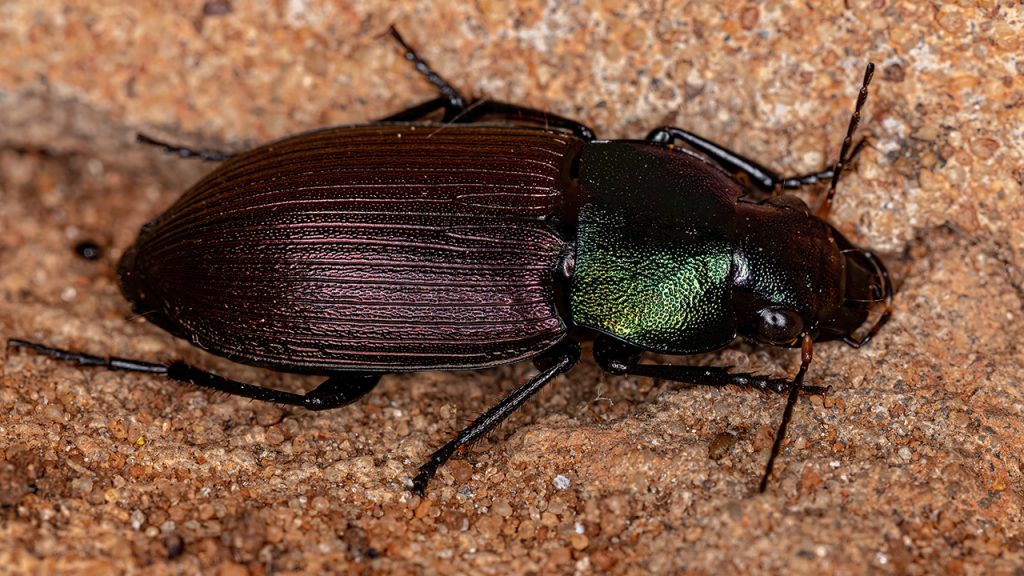
Ground beetles might look like unwanted invaders, but they’re actually your garden’s nighttime patrol. These fast-moving insects feast on slugs, caterpillars, and even weed seeds. They work after dark, protecting your plants by eliminating these destructive garden dwellers.
3. Hoverflies
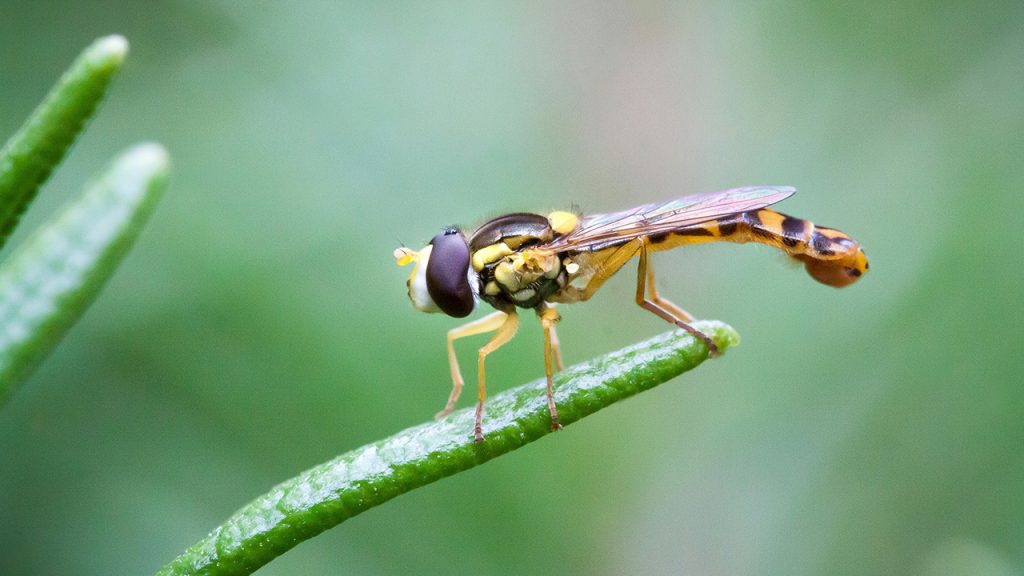
Hoverflies can resemble small wasps, which often gets them mistaken for pests. However, they’re brilliant for your garden. Their larvae consume aphids, just like ladybirds do, making them another great natural defense. As adults, hoverflies also pollinate flowers, helping your garden thrive in more ways than one.
4. Spiders
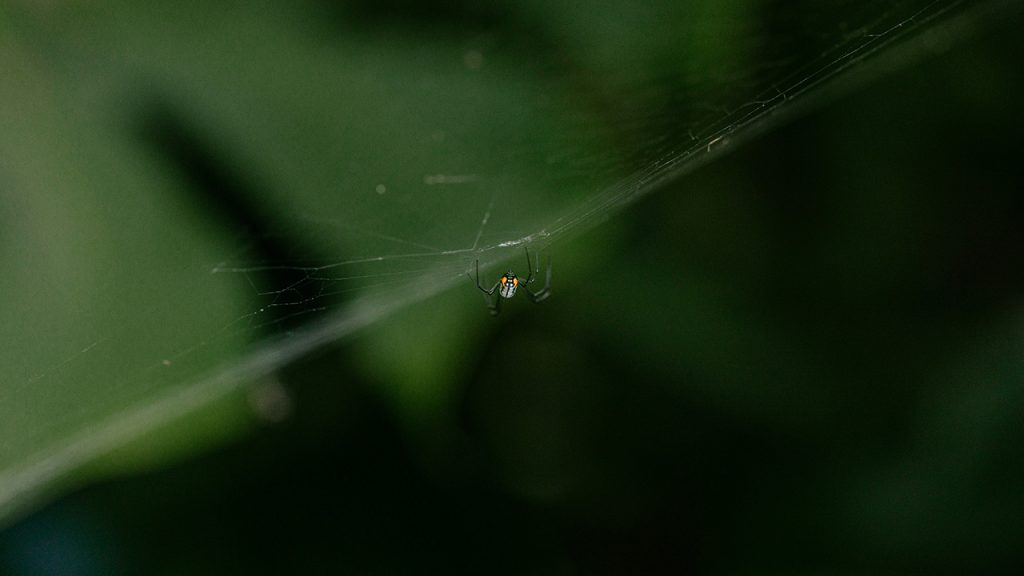
Many people instinctively fear spiders, but these web-spinners are one of the best pest controllers you can have in the garden. Spiders prey on a variety of insects, including flies, moths, and beetles, which may otherwise damage your plants. They quietly work in the background, keeping the pest population in check.
5. Parasitic Wasps
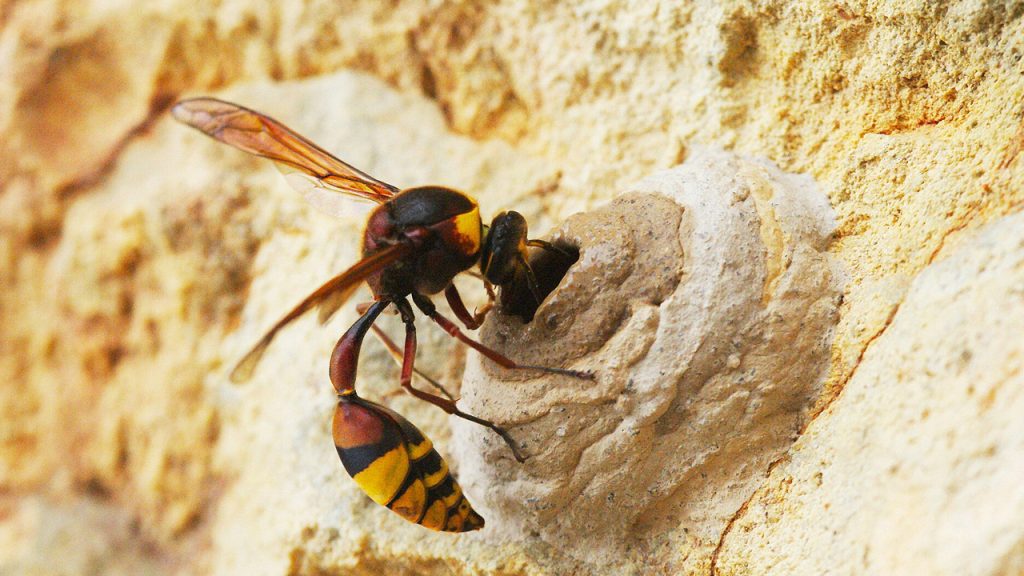
Though the word “wasp” tends to set off alarm bells, parasitic wasps are an essential ally for gardeners. These tiny insects lay their eggs in the bodies of pests like aphids and caterpillars. When the eggs hatch, they consume the host, reducing pest numbers without harming your plants.
6. Dragonflies
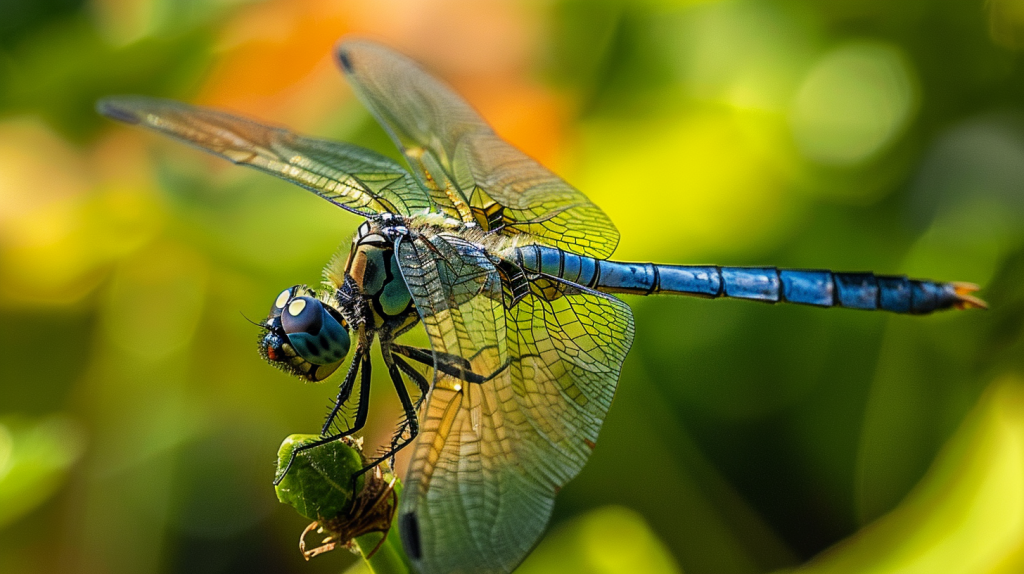
Dragonflies are one of nature’s most efficient hunters. While their beauty often captures attention, it’s their appetite for mosquitoes and gnats that makes them garden heroes. Dragonflies patrol near water sources and damp garden areas, helping to keep populations of these annoying pests under control.
7. Earwigs
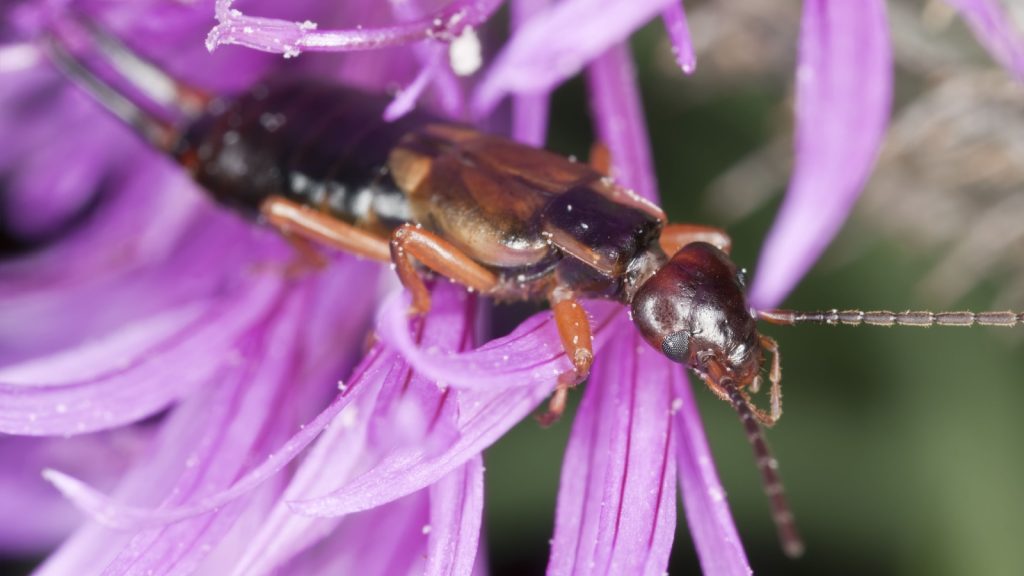
Earwigs have a bad reputation, likely due to their ominous pincers, but they are surprisingly beneficial. They eat aphids, mites, and other soft-bodied insects. While they may nibble on some plant material occasionally, the good they do by controlling pests far outweighs any minor damage they cause.
8. Ants
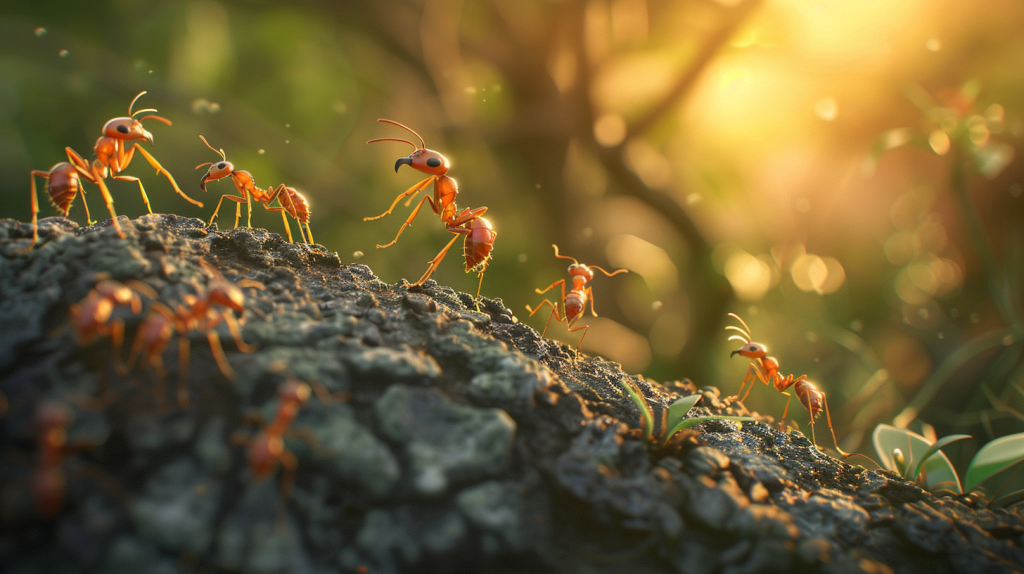
Ants are often seen as nuisances, especially when they invade homes, but they’re not all bad news in the garden. They help aerate the soil by tunneling through it, allowing water and oxygen to reach plant roots. Some ants also protect plants by defending them against harmful pests like caterpillars.
9. Tachinid Flies
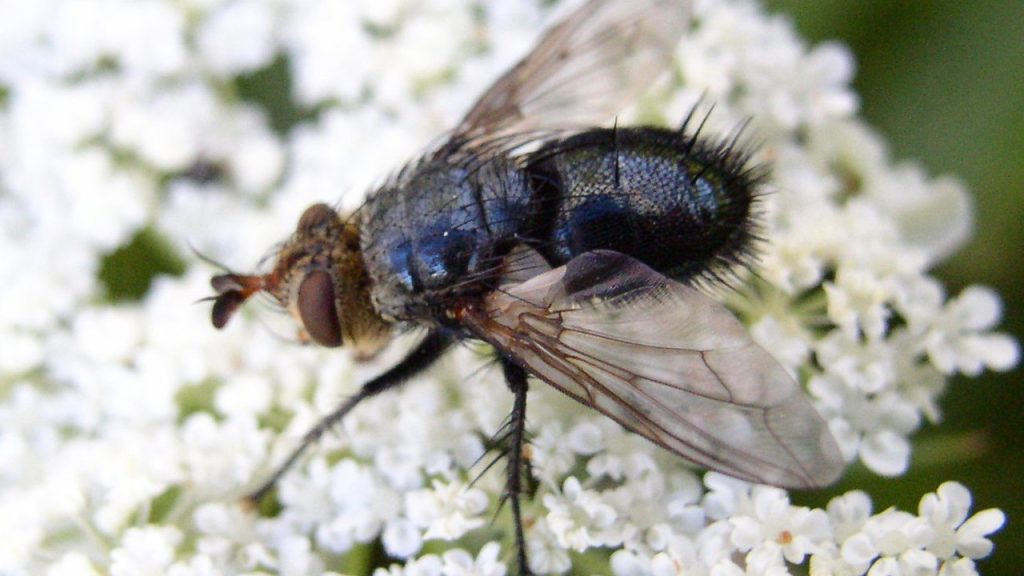
Tachinid flies might not look impressive, but these small, often overlooked insects are a secret weapon in pest control. Their larvae feed on pests like caterpillars, cutworms, and beetles. Much like parasitic wasps, they lay their eggs on or in their hosts, reducing pest populations naturally.
10. Dung Beetles
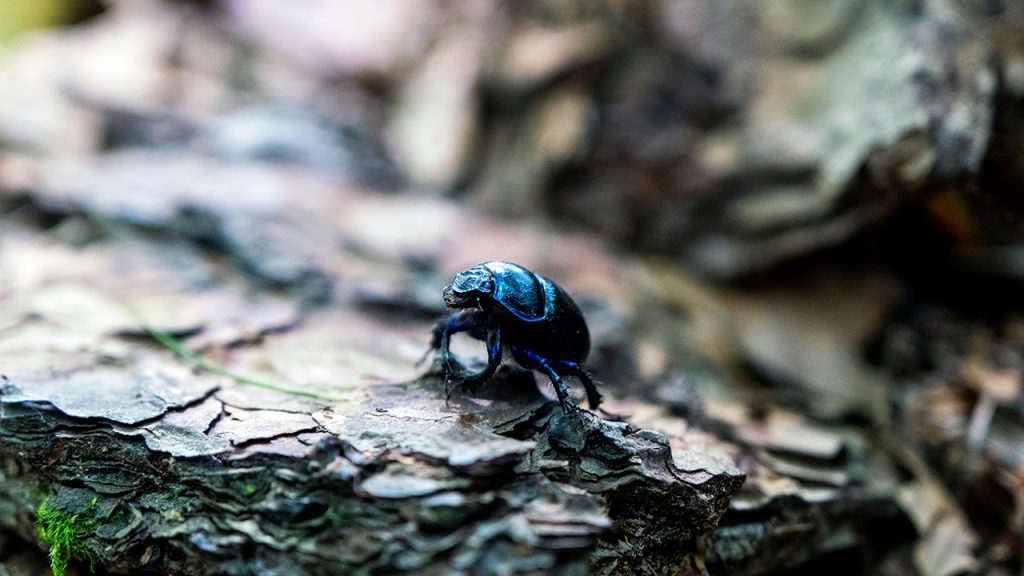
As their name suggests, dung beetles are drawn to animal waste, but their role in the garden is essential. They help break down and recycle nutrients in the soil, improving its fertility. This not only benefits your plants but also helps control fly populations by removing their breeding grounds.
11. Millipedes
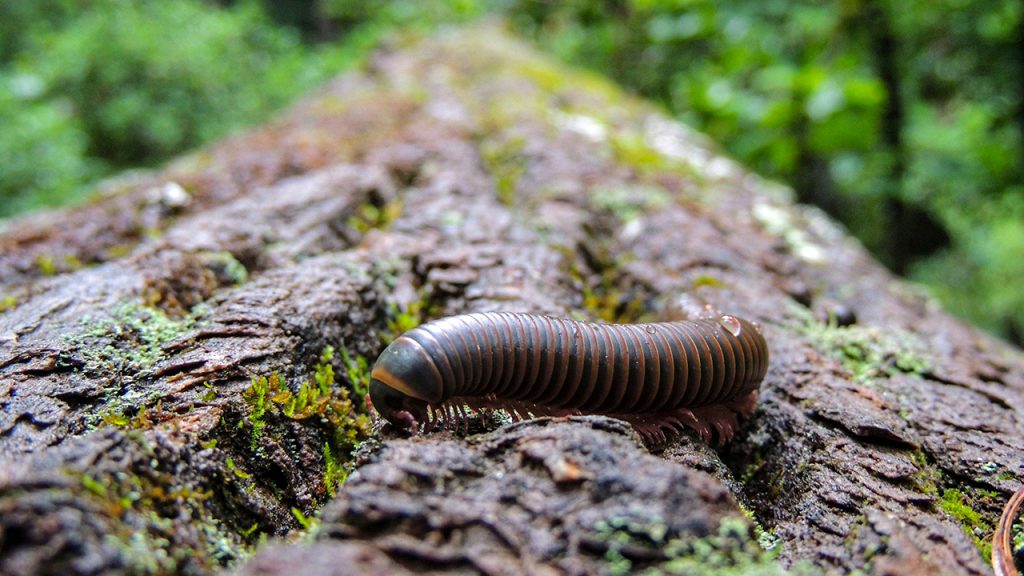
Millipedes often get lumped in with harmful pests, but they are actually harmless decomposers. They feed on decaying organic matter, helping to break it down and return nutrients to the soil. By doing this, they improve soil structure and fertility, which supports healthier plant growth.
12. Frogs and Toads

Frogs and toads are natural pest controllers that target a wide range of garden insects, including mosquitoes, slugs, and beetles. Their appetite for insects means that having these amphibians in your garden can help keep pest numbers low without the use of chemicals.
18 Everyday Things Amish Women Aren’t Allowed to Do

The Amish culture is known for its simple way of life and adherence to traditional values. While this lifestyle may seem appealing to some, there are certain restrictions that Amish women face that most modern women do not. Take a look at these things that we take for granted that are off-limits to Amish women.
Read More: 18 Everyday Things Amish Women Aren’t Allowed to Do
Ellen has been obsessed with logic puzzles, jigsaws, and cryptograms since she was a kid. After learning she was taught how to play chess wrong by a family friend (so they could win), she joined her school chess club and the rest is history.
